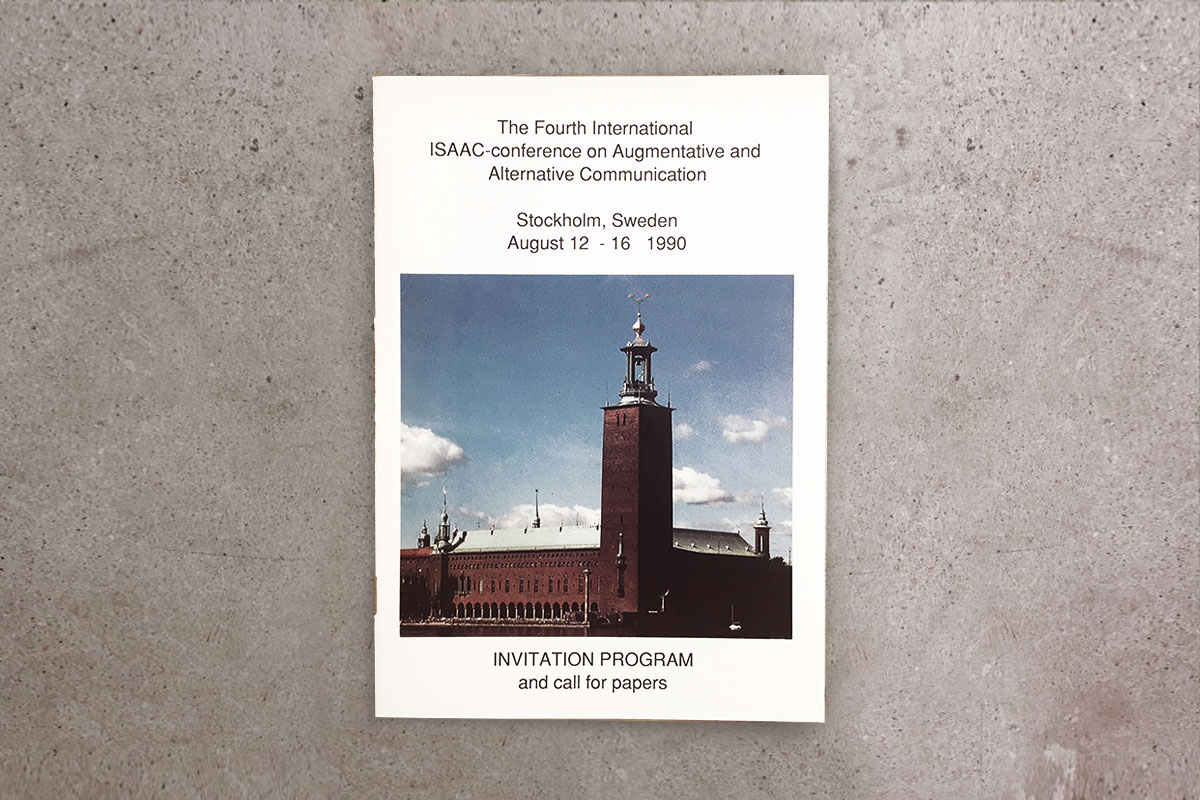City Hall
When I was recruited, in 1970, by Vice Mayor Nils Hallerby to City Hall, as Secretary to the Vice Mayor of the Culture Department that also handled school issues, I was the second female appointed as Secretary to the Vice Mayor, in the city’s history. (A Secretary to the Vice Mayor is essentially comparable to the Secretary of State in the Government. In other words, not a secretary, because I had one of those too.) The work consisted of formulating proposals for decisions on all issues heard by the Department. The opportunity to influence was great if the text was convincing. It was an exciting time with the emergence of the Kulturhuset (Culture House), independent theater groups, new culture policies, new visions on special education, expansion of and changes to the library and an exciting operation under Bobo Lagercrantz’ directorship at the Stockholm City Museum. Later, I was elected as a Member of the City Council, 1976-83. There, I chose to sit on the male-dominated Property and Housing Committees. Noted that as soon as I Läs mer




